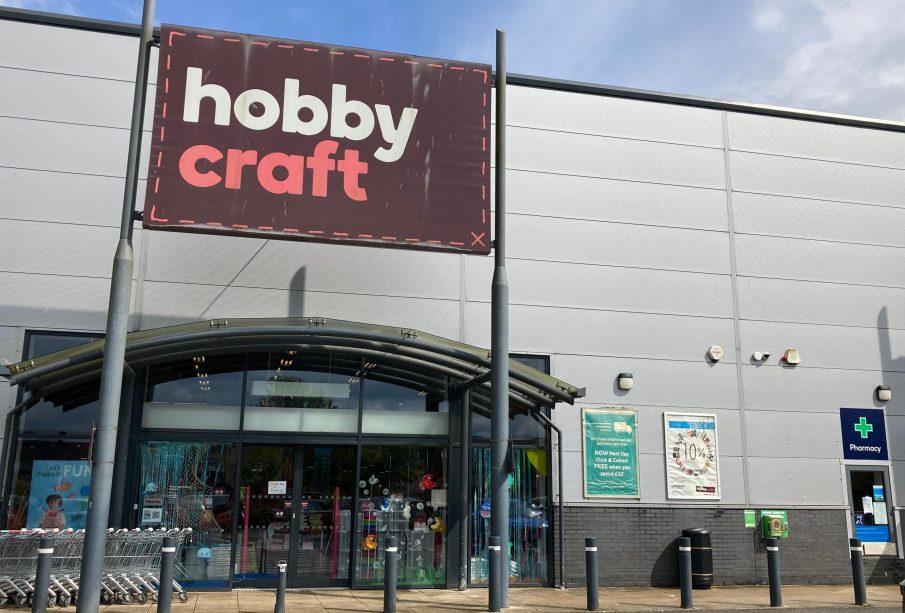Hobbycraft Stores Closing: What This Means for Craft Enthusiasts

The Importance of Craft Retailers in the UK
The recent announcement concerning the closure of multiple Hobbycraft stores marks a significant development in the UK’s creative retail landscape. Hobbycraft has been a go-to destination for crafting supplies, supporting the craft community by providing not only products but also workshops and resources. With a recent decline in consumer spending and rising operational costs, these closures raise concerns about the future of arts and crafts accessibility.
Details of the Closures
According to official reports, Hobbycraft plans to close 15 of its branches across the UK by the end of the fiscal year. This decision has been linked to an extensive review of its store portfolio to improve overall efficiency and adapt to changing consumer behaviours post-pandemic. Locations in key cities have been affected, with stores in London, Manchester, and Bristol among those identified for closure. The closures are set to result in approximately 200 job losses, which adds to the anxiety of the local economies where these stores are situated.
Reactions from the Craft Community
The reaction from the crafting community has been overwhelmingly concerned. Many loyal customers have expressed their affection for Hobbycraft, recalling fond memories and the importance of the retailer in their artistic pursuits. Local crafting groups have voiced their fears that the closures might lead to a lack of access to essential materials and resources, which could stifle creativity and community engagement in arts and crafts. Additionally, with fewer physical outlets, crafters may find it more challenging to source diverse products and connect with fellow enthusiasts.
Future of Arts and Crafts Retail
Experts predict that the pandemic has permanently altered shopping habits, with an increased shift towards online shopping. Hobbycraft has indicated that they will focus on enhancing their online shopping experience to meet customer needs. However, many crafters believe that hands-on experiences and the ability to browse in-store remain irreplaceable. This situation presents a potential opportunity for smaller, independent craft retailers to fill the void left by the closures and cater to local communities.
Final Thoughts
The closure of Hobbycraft stores represents a pivotal moment for the arts and crafts sector in the UK. While the shift towards online retail is undeniable, it is crucial for the crafting community to advocate for access to physical stores that inspire creativity and foster connections. As Hobbycraft focuses on its online presence, it remains to be seen how they will support their loyal customer base and adapt to the evolving landscape of the craft retail market.








